The Role Of Non-profits In Hurricane Relief And Recovery
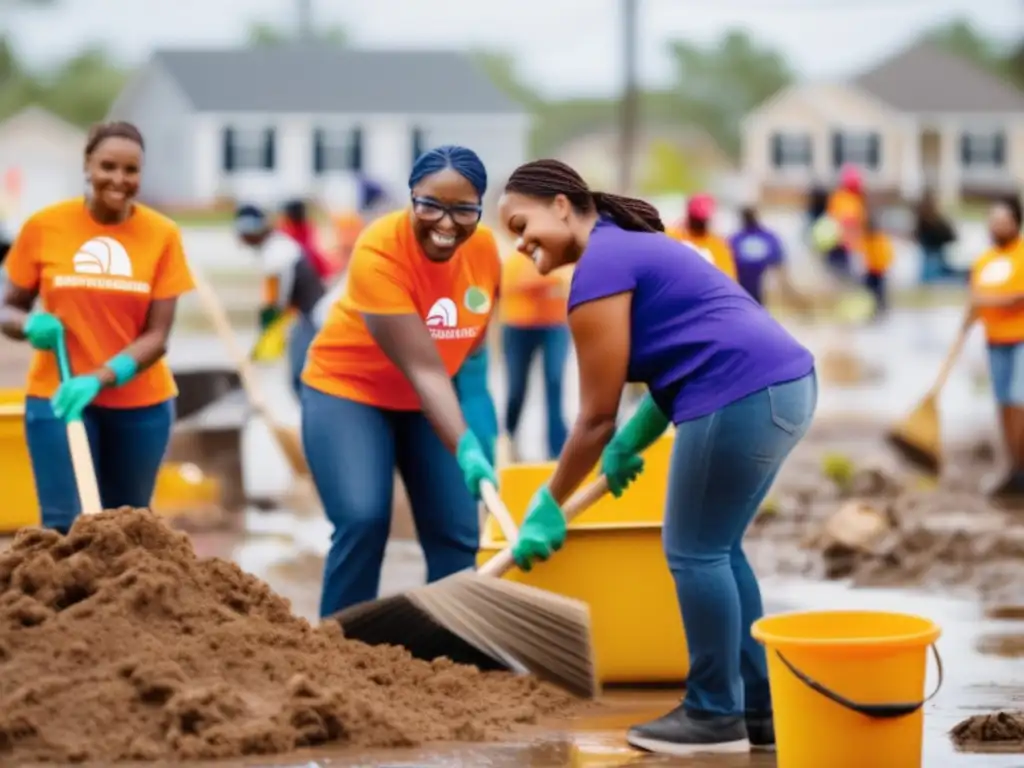
The Role of Non-profits in Hurricane Relief and Recovery
Introduction
Hurricanes are among the most devastating natural calamities that can strike any part of the world. They cause widespread damage to properties, infrastructure, and human lives, leaving many people homeless, injured, and traumatized. Even after the hurricane has passed, the effects can linger on for months or years, making it challenging for victims to get back on their feet. Fortunately, non-profit organizations have stepped up in recent years to provide much-needed relief and support to hurricane-stricken communities. These organizations collaborate with governments, private companies, and local agencies to deliver essential services and assistance to those in need. In this article, we will explore the critical role of non-profits in hurricane relief and recovery and highlight the various ways they contribute to rebuilding communities.
The Importance of Non-profits in Hurricane Relief and Recovery
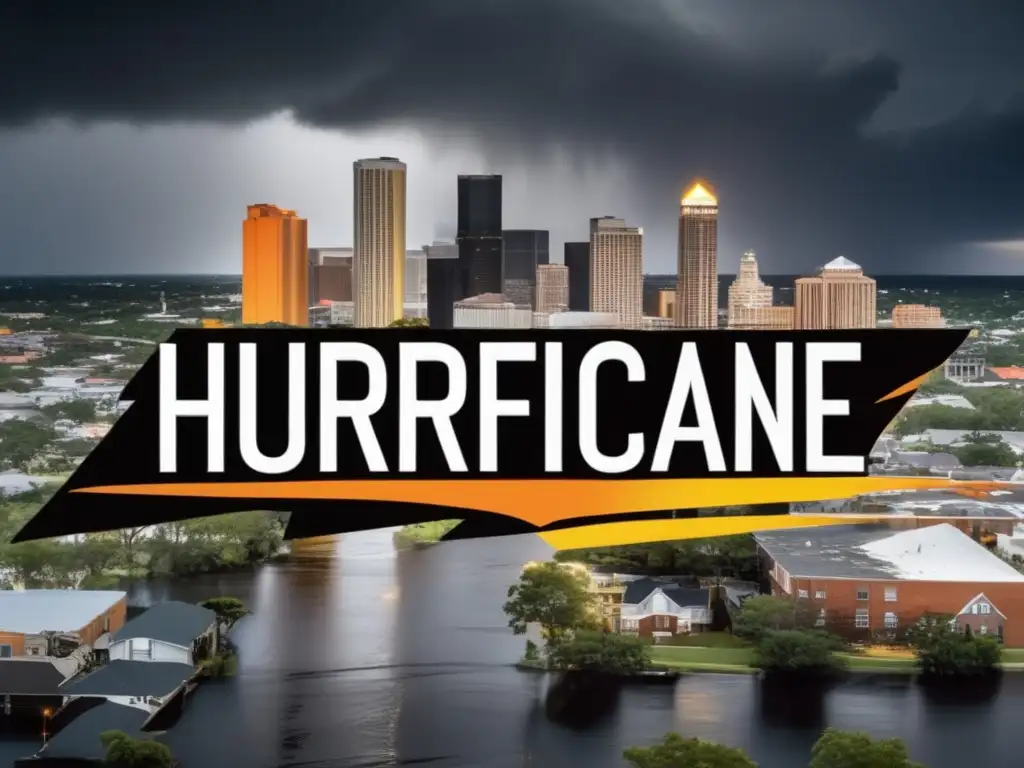
Providing Disaster Relief Supplies
Non-profit organizations play an instrumental role in providing disaster relief supplies to hurricane-affected communities. These supplies can range from food, water, clothing, and toiletries to medicine, first aid kits, and other essential items needed to help victims during the aftermath. Non-profits like the American Red Cross, the Salvation Army, and Direct Relief International are some of the most prominent organizations that specialize in disaster relief supplies. They work tirelessly to ensure that teams are dispatched to the affected areas as soon as possible and that aid deliveries are made safely and efficiently.
Offering Medical Assistance
Non-profits also provide medical assistance to hurricane victims. They offer first aid, vaccinations, and other medical services that help to treat injuries and prevent infections. Medical staff and volunteers work around the clock to provide care to victims and ensure that their health needs are met. Non-profits like Doctors Without Borders, International Medical Corps, and Project HOPE are some of the top non-profit organizations that provide medical assistance during disasters.
Supporting Disaster Recovery Efforts
Non-profit organizations also play a critical role in supporting disaster recovery efforts. They collaborate with government agencies, private companies, and local organizations to rebuild communities, restore essential services, and support long-term recovery. Non-profits such as Habitat for Humanity, All Hands and Hearts, and Rebuilding Together are examples of organizations that focus on rebuilding homes and infrastructure after disasters. Additionally, non-profits also provide emotional support, counseling and rebuilding services that help victims to cope with the trauma caused by the hurricane.
The Challenges of Non-profits during Hurricane relief and recovery
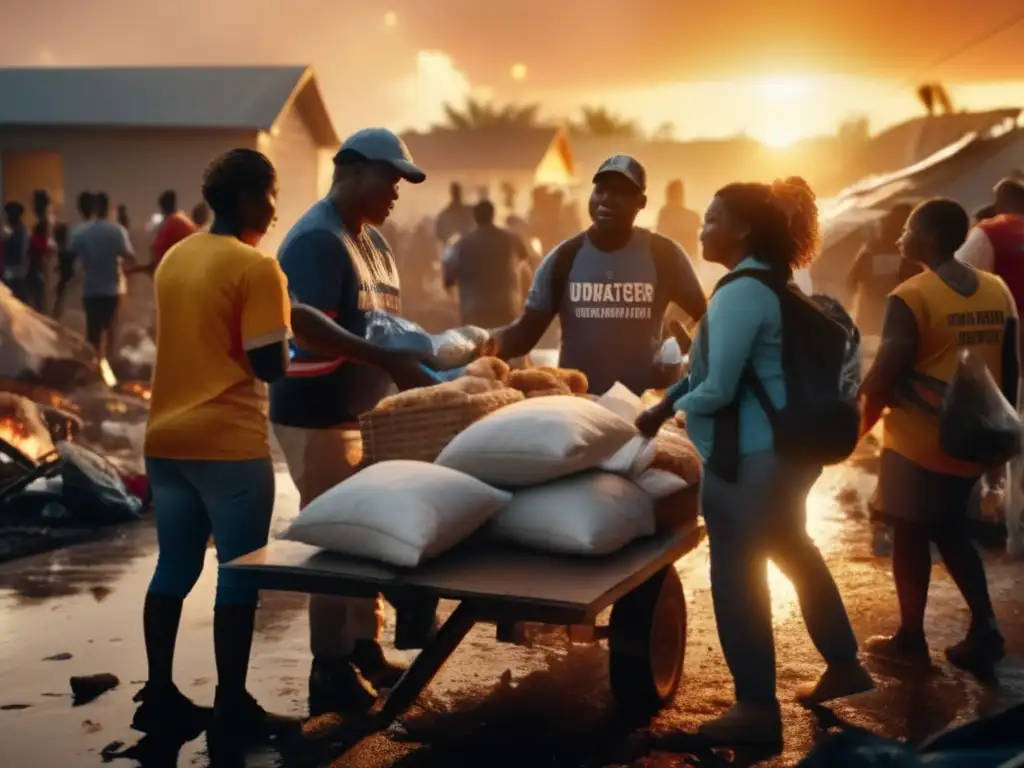
Funding Limitations
Non-profit organizations depend on funding from charitable donations, grants, and sponsorships to carry out their operations. During major disasters such as hurricanes, funds may run low, and organizations may struggle to meet the rising demand for assistance. Moreover, competing with other non-profit organizations or even government entities to attract funds can be challenging. Even when funding is available, bureaucratic red tape or restrictions that come with it, like limitations on how funds can be spent, can hinder the effectiveness and speed of recovery efforts.
Logistical Constraints
During and after hurricanes, access to affected areas can be difficult due to roadblocks, floods, and extreme weather conditions. Non-profits and their staff may face logistical constraints that limit their ability to deliver services to impacted communities effectively. The availability of resources and supplies may also pose a challenge, depending on the location and severity of the disaster. This can significantly impact the speed and efficiency of disaster response and recovery efforts.
Protecting their staff and volunteers
Non-profit organizations are often required to send their staff and volunteers into hazardous areas to provide aid and support. This can expose them to potential risks of injury or harm, including exposure to hazardous materials and infectious diseases. It is crucial for non-profit organizations to prioritize the safety and protection of their personnel while carrying out their operations. Proper training, equipment, and procedures should be put in place to minimize the risk of harm to staff and volunteers.
Frequently Asked Questions
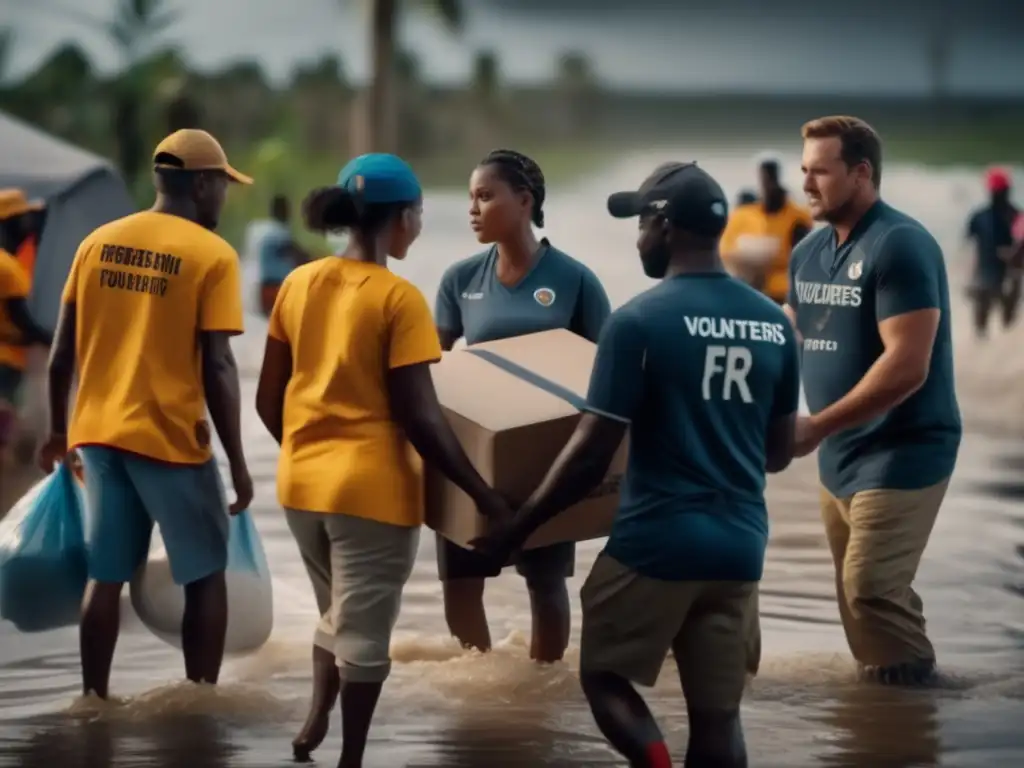
-
What is the role of non-profits in hurricane relief and recovery?
Non-profit organizations play an important role in providing disaster relief supplies, offering medical assistance, and supporting disaster recovery efforts.
-
What are some challenges faced by non-profits during hurricane relief and recovery?
The availability of funding, logistical constraints, and protecting personnel are among the challenges faced by non-profits during hurricane relief and recovery.
-
How can individuals contribute to non-profits' hurricane relief efforts?
Individuals can contribute to non-profits' hurricane relief efforts by making donations, volunteering, and spreading awareness about the organizations and their work.
-
What is the impact of non-profits on hurricane-stricken communities?
Non-profit organizations positively impact hurricane-stricken communities through the provision of essential services, aid, and emotional support. They help to rebuild homes and infrastructure, restore essential services and provide support for long-term recovery.
-
What are some of the top non-profit organizations involved in hurricane relief and recovery?
The American Red Cross, the Salvation Army, Direct Relief International, Habitat for Humanity, All Hands and Hearts, and Rebuilding Together are some of the top non-profit organizations involved in hurricane relief and recovery.
Conclusion
Non-profit organizations play an essential role in providing assistance to hurricane-stricken communities. Their services range from providing disaster relief supplies, offering medical assistance, and supporting disaster recovery efforts. However, they face numerous challenges, including funding limitations, logistical constraints, and protecting personnel. Despite these challenges, non-profits remain committed to providing essential aid and support to hurricane victims. Those living in hurricane-prone areas must be aware of the crucial role that non-profits play during disasters. By supporting these organizations, we can help ensure that impacted communities receive the necessary aid and support they need to recover and rebuild.
Lastly, we encourage the reader to share their thoughts in the comments section and to positively engage with HurricaneInsider.org by subscribing, sharing the article on social media, or other forms of participation. Thank you for your time and attention.
Additional Resources
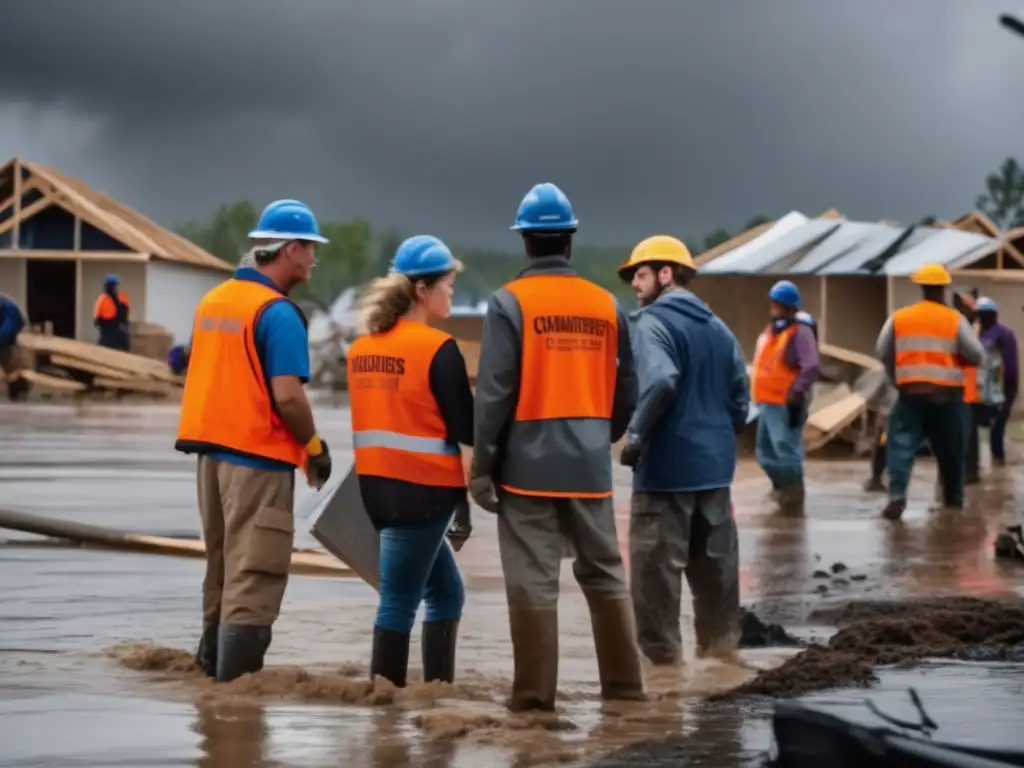
- Charity Navigator
- Direct Relief International
- Doctors Without Borders
- Habitat for Humanity
- Project HOPE
- American Red Cross
- Samaritan's Purse
- The Salvation Army
 The Impact Of Hurricanes On Freshwater Resources
The Impact Of Hurricanes On Freshwater Resources The Mathematics Behind Hurricane Modeling
The Mathematics Behind Hurricane Modeling Extra-Tropical Cyclones: The Cold Cousins Of Hurricanes
Extra-Tropical Cyclones: The Cold Cousins Of HurricanesIf you want to discover more articles similar to The Role Of Non-profits In Hurricane Relief And Recovery, you can visit the Basic knowledge about hurricanes: category.
Leave a Reply

Articulos relacionados: